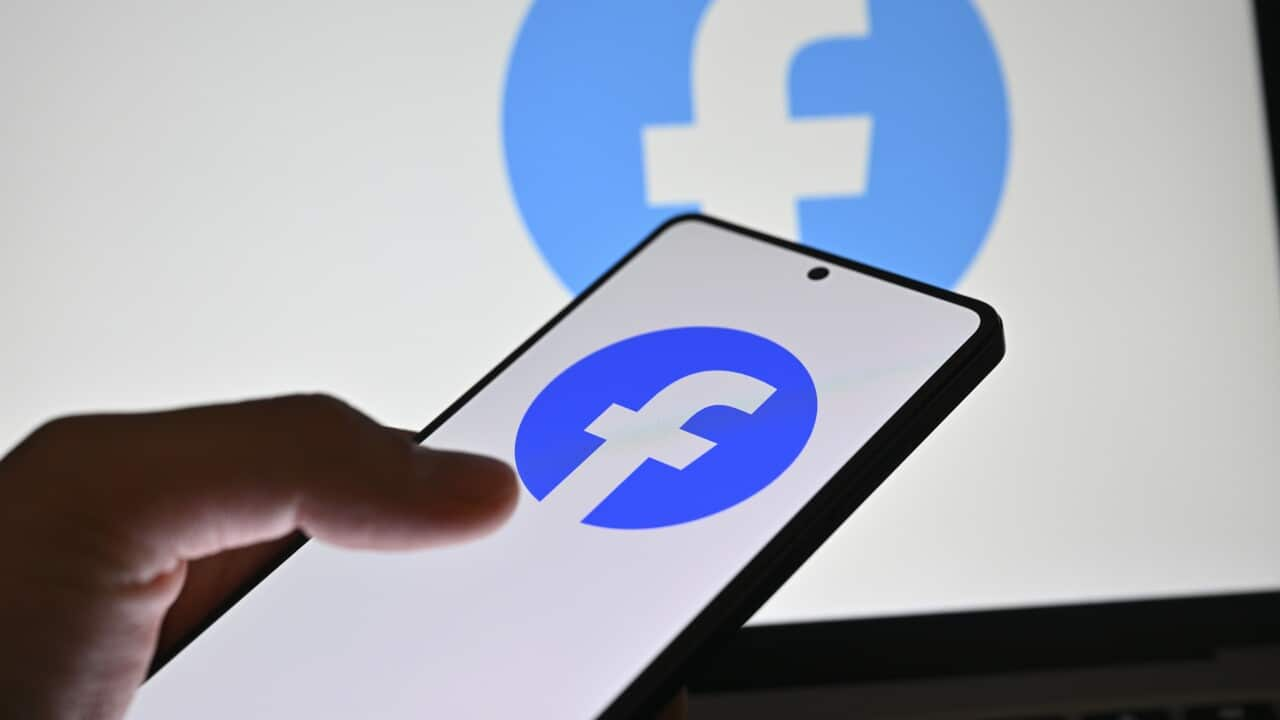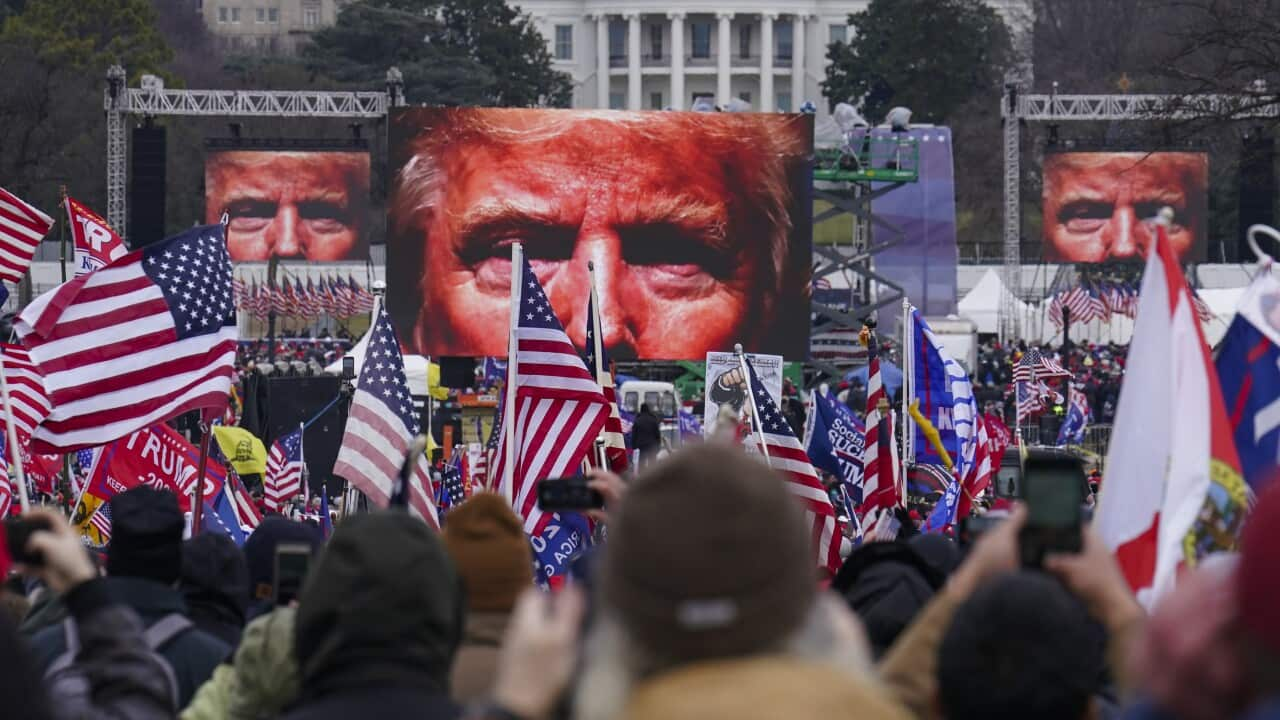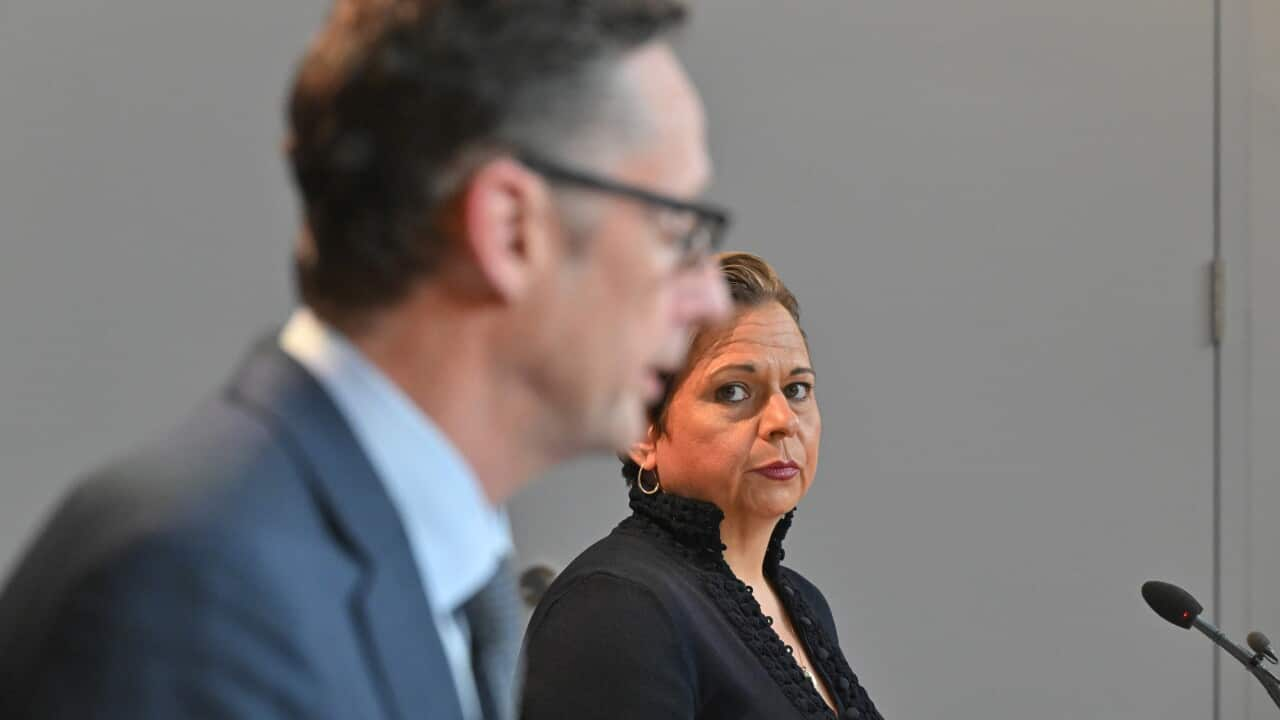Key Points
- Social media giant Meta has announced the end of its US fact-checking program.
- The shift comes as Mark Zuckerberg tries to reconcile with Donald Trump ahead of his inauguration.
- Meta will also recommend more political content across its platforms.
Social media giant Meta, which owns Instagram and Facebook, has announced it will cease using external fact checkers in the United States, saying it will instead implement community notes similar to those on X (formerly Twitter).
But Australian Greens senator Sarah Hanson-Young said Meta founder and CEO Mark Zuckerberg has bowed to US president-elect Donald Trump and is "making big profits at the expense of community safety".
"What Mr Zuckerberg has announced is similar to what, of course, Elon Musk had done a couple of years ago, is to rip the rug of any type of decency out from underneath users and allow … whoever is the loudest, whoever is the angriest, whoever is the most outrageous, to have their views heard," she told ABC Radio National Breakfast on Wednesday.
She said the decision would result in a "free for all on misinformation and disinformation" and was a "really worrying sign" that tech companies, in particular X, could influence politics in Australia.

Meta founder and CEO Mark Zuckerberg accused fact-checkers of being "politically biased", claims fact-checking groups have strongly denied. Source: AAP, AP / David Zalubowski
Asked about Meta's decision to scrap US fact checkers, Prime Minister Anthony Albanese said: "I say to social media they have a social responsibility and they should fulfil it."
"I said this morning that the criticism that social media will make about our decision and is one that we don’t resile from. We will stand up for Australia’s national interests."
Meta overhauls content moderation strategy in the US
Meta also would focus its automated systems on removing "high-severity violations" and illegal content such as terrorism and illicit drugs, Zuckerberg said.
It will stop proactively scanning for hate speech and other types of rule-breaking and review such posts only in response to user reports.
"We're going to get rid of fact-checkers [that] have just been too politically biased and have destroyed more trust than they've created, especially in the US," Zuckerberg said in a post.
The changes will affect Facebook, Instagram and Threads, three of the world's biggest social media platforms, with more than three billion users globally.
Meta said it would start phasing in a 'community notes' system in the US over the next couple of months and improve the model over the year.
It will allow users to call out posts that are potentially misleading and need more context rather than placing the responsibility on independent fact-checking organisations and experts.
Meta said it would not intervene in the adding of community notes to posts on its platforms.
For now, Meta is only planning the changes for the US market, with no immediate plans to end its fact-checking program in places like the European Union that take a more active approach to regulation of tech companies, a spokesperson told the Reuters news agency.
Meta's surprise announcement echoes long-standing complaints made by Trump's Republican Party and Elon Musk about fact-checking, which many conservatives see as censorship.
They argue that fact-checking programs disproportionately target right-wing voices, which has led to proposed laws in states like Florida and Texas to limit content moderation.
Zuckerberg's efforts to court Trump
The shift comes after efforts by Zuckerberg to reconcile with Trump since his election in November, including donating one million dollars to his inauguration fund.
Trump has been a harsh critic of Meta and Zuckerberg for years, accusing the company of bias against him and threatening to retaliate against the tech billionaire once back in office.

Donald Trump has been a harsh critic of Meta and Mark Zuckerberg for years. Source: AAP, AP / Evan Vucci
When Trump was asked if he believed the move was a response to his threats against Zuckerberg, he responded: "Probably, yeah."
Trump was kicked off Facebook following the January 6 attack on the US Capitol by his supporters in 2021, though the company .
Meta has made moves in recent days that are likely to please Trump's team, such as appointing former Republican official Joel Kaplan to head up public affairs at the company.
In a statement, Kaplan insisted the company's approach to content moderation had "gone too far".
"Too much harmless content gets censored, too many people find themselves wrongly locked up in 'Facebook jail'," he said.
Zuckerberg also said Meta would "work with President Trump to push back against foreign governments going after American companies to censor more".
Additionally, Meta announced it would reverse its 2021 policy of reducing political content across its platforms.
Fact-checkers, disinformation experts criticise plan
Aaron Sharockman, executive director of US fact-checking organisation PolitiFact, rejected the contention that fact-checking was a tool to suppress free speech.
The role of US fact-checkers, he said, was to provide "additional speech and context to posts that journalists found to contain misinformation", and it was up to Meta to decide what penalties users faced.
"The great thing about free speech is that people are able to disagree about any piece of journalism we post," Sharockman said.
"If Meta is upset it created a tool to censor, it should look in the mirror."
PolitiFact is one of the early partners who worked with Facebook to launch the fact-checking program in the US in 2016.
The head of the International Fact-checking Network, Angie Drobnic Holan, challenged Zuckerberg's characterisation of its members as biased or censorious.
"Fact-checking journalism has never censored or removed posts; it's added information and context to controversial claims, and it's debunked hoax content and conspiracies," she said in a statement.
Holan said the decision came in the wake of "external political pressure from a new administration and its supporters" and would "hurt social media users who are looking for accurate, reliable information".
Ross Burley, co-founder of the nonprofit Centre for Information Resilience, called the decision "a major step back for content moderation at a time when disinformation and harmful content are evolving faster than ever".
— With additional reporting by AAP.





